
CPJ alarmed by India state government’s use of AI to monitor media
New Delhi, March 13, 2025—The Committee to Protect Journalists urges India’s Maharashtra state authorities to consult with journalists and media groups to ensure that its plan to use artificial intelligence (AI) to monitor media coverage and correct “negative” reports does not undermine press freedom. According to a March 6 Government Resolution approving the release of…

UK online safety bill raises censorship concerns and questions on future of encryption
The U.K. government emphasized press freedom this month when it published the draft online safety bill for social media companies, pledging that the bill would protect both “citizen journalism” and “recognized news publishers” from censorship. Vocal segments of the media not only welcomed the legislation, but actively campaigned for it. When Oliver Dowden, secretary of…
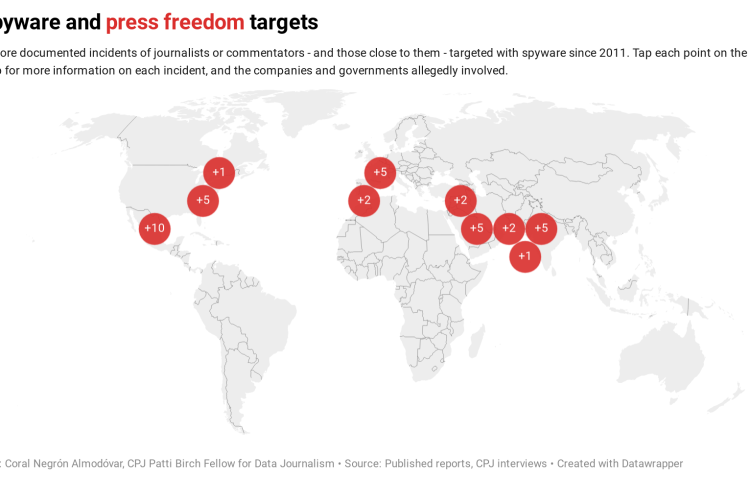
World leaders should regulate spyware, halt surveillance of journalists
CPJ campaign documents ties between spying and other press freedom violations New York, March 15, 2020 – In light of dozens of incidents in which journalists and those close to them have been targeted with spyware, the Committee to Protect Journalists today launched a campaign calling on governments to stop the use of spyware and…
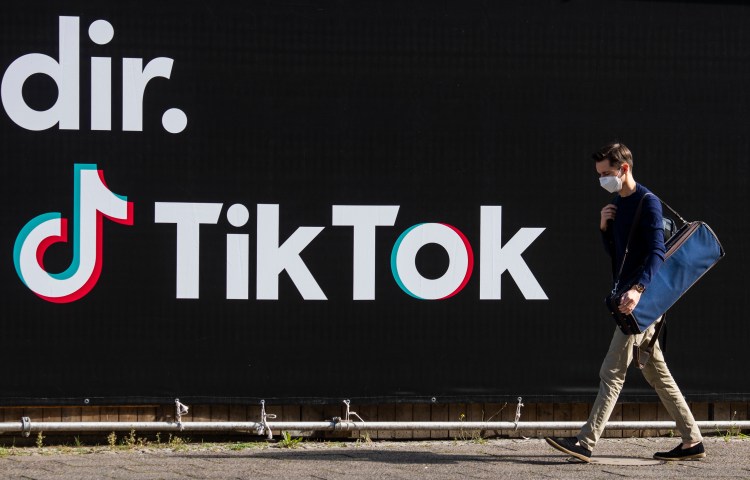
Germany revisits influential internet law as amendment raises privacy implications
On October 1, a new law to regulate content posted on social media platforms took effect in Turkey, The Guardian reported. Turkish journalists already face censorship and arrest because of social media posts, CPJ has found, and the law offers just one more tool to censor news. Yet the legislation was not solely conceived in Ankara; it follows the example of one…

Tech platforms struggle to label state-controlled media
Twitter announced last week that it would start labeling some accounts run by media outlets and their top editors as “state-affiliated,” a descriptor intended to improve transparency about the source of information being shared on the platform. Since disinformation became a flash point in the debate over content moderation on social media, distinguishing propaganda from…

US, UK, Interpol give Ghana phone hacking tools, raising journalist concerns on safety and confidentiality
In May 2019, senior members of Ghana’s law enforcement posed for photos with the U.S. ambassador to their country at a ceremony in the capital, Accra. Between them they held boxes and bags, gifts from the U.S. government to Ghana which, according to one of the recipients, contained Israeli phone hacking technology. That recipient was…
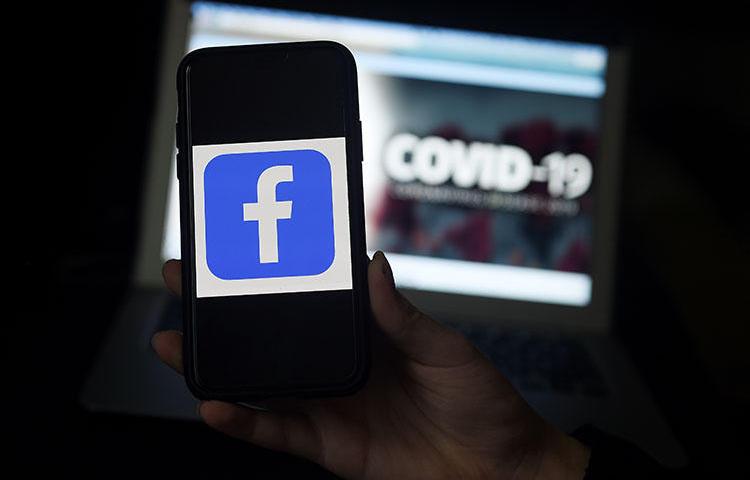
CPJ, partners call on social media and content sharing platforms to preserve data
The World Health Organization has called the novel coronavirus an “infodemic” and the topic of disinformation and “fake news” has remained at the forefront of this century’s worst pandemic, with social media and tech platforms playing a central role. COVID-19 has forced many companies to move to remote work, and tech platforms and social media…
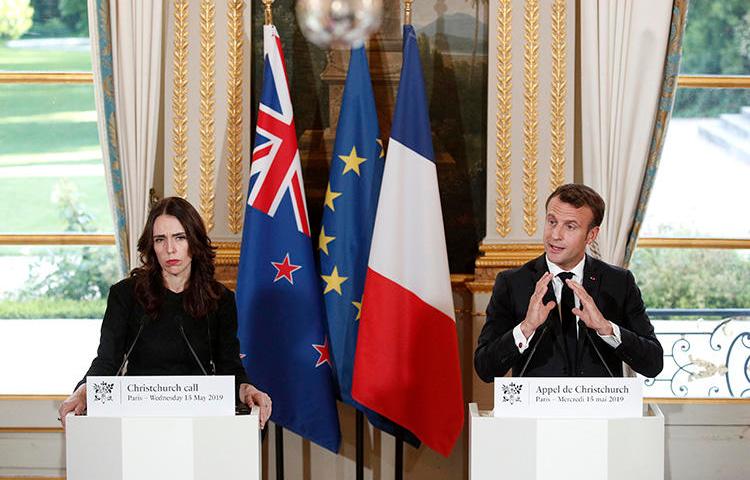
In wake of Christchurch, tech regulation in EU and Australia risks restricting journalism
Terrorism has gone viral. The livestreaming on Facebook of the March attack on two mosques in Christchurch, New Zealand that news reports said left more than 50 people dead was the latest in a string of terrorist attacks designed for the digital age. More than a dozen world leaders met in Paris last month to…
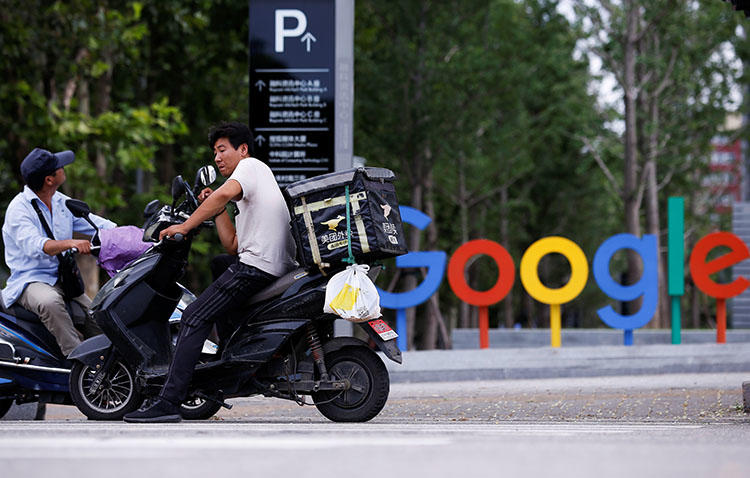
Google complicity in Chinese censorship could endanger press freedom elsewhere
In 2010, after four years of offering Chinese users a heavily censored version of its search engine, Google decided it would no longer block search results at the request of the Chinese state. “Our objection is to those forces of totalitarianism,” Sergey Brin, Google’s co-founder, told The New York Times at the time, adding that…

CPJ expresses concerns with the U.S. CLOUD Act
New York, March 20, 2018–The Committee to Protect Journalists today expressed its concerns with the Clarifying Lawful Overseas Use of Data (CLOUD) Act and its potential to expose journalists to targeting by foreign governments. The CLOUD Act would make it easier for some foreign governments to obtain data from U.S. technology companies and allow U.S.…